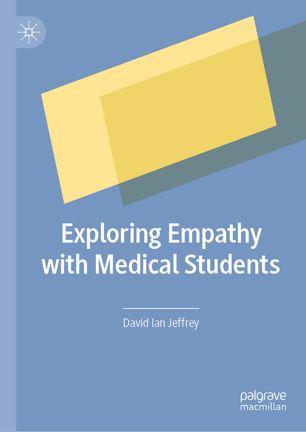

Most ebook files are in PDF format, so you can easily read them using various software such as Foxit Reader or directly on the Google Chrome browser.
Some ebook files are released by publishers in other formats such as .awz, .mobi, .epub, .fb2, etc. You may need to install specific software to read these formats on mobile/PC, such as Calibre.
Please read the tutorial at this link. https://ebooknice.com/page/post?id=faq
We offer FREE conversion to the popular formats you request; however, this may take some time. Therefore, right after payment, please email us, and we will try to provide the service as quickly as possible.
For some exceptional file formats or broken links (if any), please refrain from opening any disputes. Instead, email us first, and we will try to assist within a maximum of 6 hours.
EbookNice Team

Status:
Available0.0
0 reviewsThis book investigates new insights into the factors influencing empathy in medical students. Addressing the widely perceived empathy gap in teaching and medical practice, the book presents a new study into how this emotion is facilitated in the UK undergraduate medical curriculum, and its influence on doctor-patient relationships. The author utilises Interpretative Phenomenological Analysis (IPA) to investigate how medical students’ perspective on empathy changed throughout their education. It presents the risks students perceive when connecting emotionally with patients; their use of detachment as a taught coping mechanism; and the question of how they regulate their emotions.
The book reveals the tension between students’ connection with and detachment from a patient and their aim to achieve an appropriate balance. The author presents a number of factors which seem to enhance empathy, and explores the balance of scientific biomedical versus psychosocial approaches in medical training. In contrast to the commonly-reported opinion that there has been decline in medical students’ empathy, this book contends that student empathy in fact increased during their training. This new study offers invaluable insight into how students and practitioners may be supported in dealing appropriately with their emotions as well as with those of their patients, thereby facilitating more humane medical care.